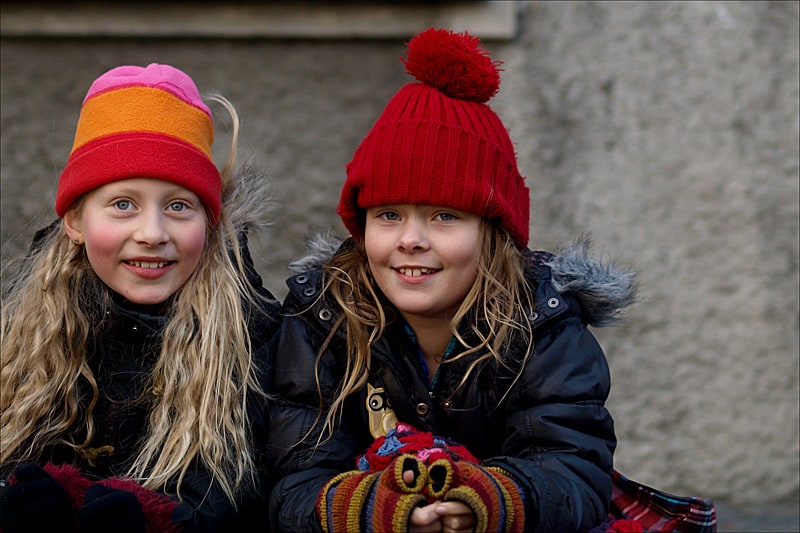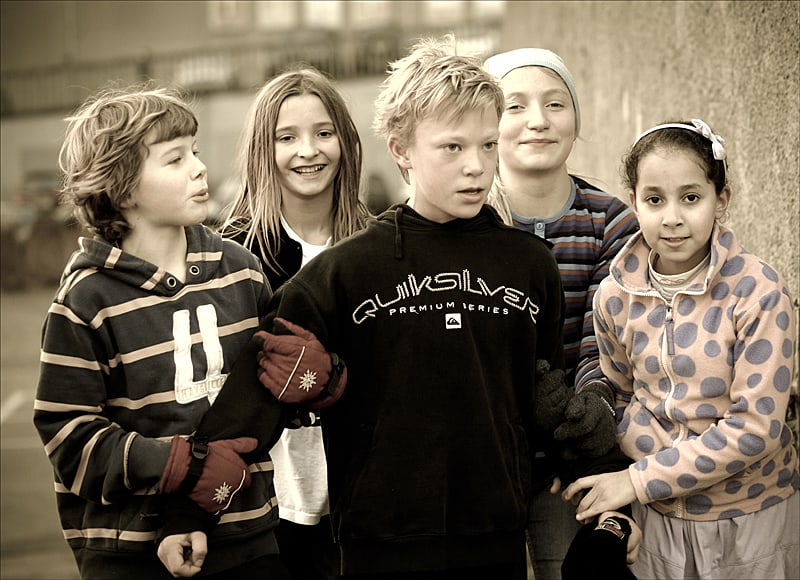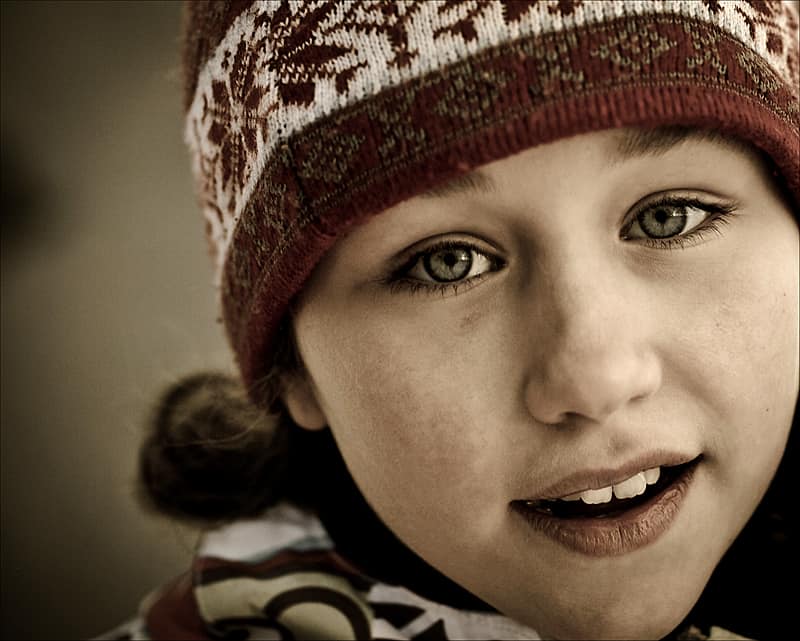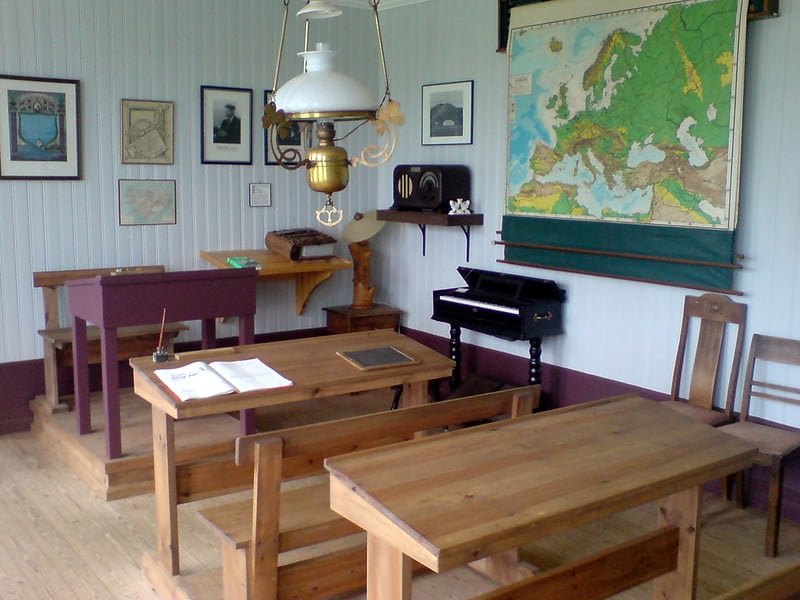Research strands
and themes

The main goal of the study is to systematically analyze how the work of mothers and fathers is reflected in homework, relationships with teachers and school staff, work with children’s leisure and work with emotional and social aspects that arise in children.

The concepts of inclusion and citizenship have become increasingly important with the aim of ensuring access and developing inclusiveness, civic engagement and meaningful participation among all students, including youth who migrate into new and foreign places without formal citizenship. These challenges are best tackled by research and policy collaboration across nations. This comparative in-depth research project is carried out in three metropolitan capital cities of Iceland, Norway and the UK. The aim is to critically examine different paths and processes towards educational inclusion and citizenship as experienced by migrant youth when they participate in culturally mixed educational settings.

Mixed classes And Pedagogical Solutions (MAPS) is a comparative research project carried out in collaboration between the universities of Helsinki, Amsterdam and Iceland. We seek answers to how urban schools in Helsinki, Amsterdam and Reykjavík tackle challenges brought on by segregation with the idea of inclusive education. The project is situated in the research unit Social Studies in Urban Education (SURE). MAPS is funded by NordForsk for a three-year period in 2018–2020.

Click edit button to change this text. Lorem ipsum dolor sit amet, consectetur adipiscing elit. Ut elit tellus, luctus nec ullamcorper mattis, pulvinar dapibus leo. Proin gravida nibh vel velit auctor aliquet. Aenean sollicitudin, lorem quis.

With the theoretical concept of dynamics we aim to resuscitate and open up to scrutiny a specific social field of education through analysing the relations between the main actors and institutions, and the essential discursive formations and practices.

In recent years, there have been changes in Icelandic society due to increased inequality and the concentration of wealth in certain areas in the capital area.

In an era of international comparison, policy makers are expected to learn from experiences from elsewhere, apply international standards propelled by international organizations and review “best practices.” Do they do so? What counts for them as evidence and expertise? How do they draw on national, regional/Nordic and/or international expertise in issuing school reform within their country? A comparison of policy documentation from the Nordic countries will explore temporal, factual and social dimensions which drive the renewal of reforms in particular directions.